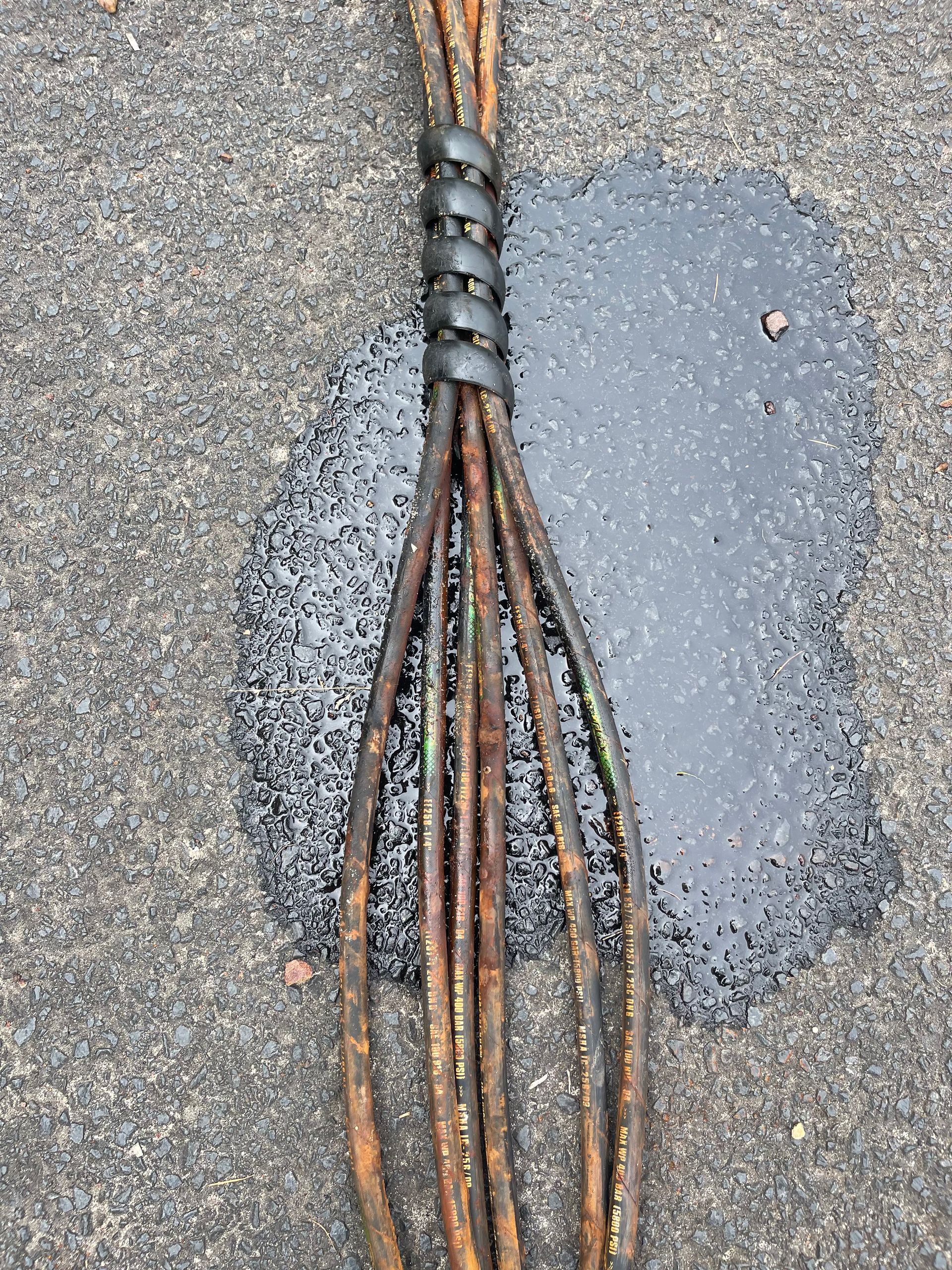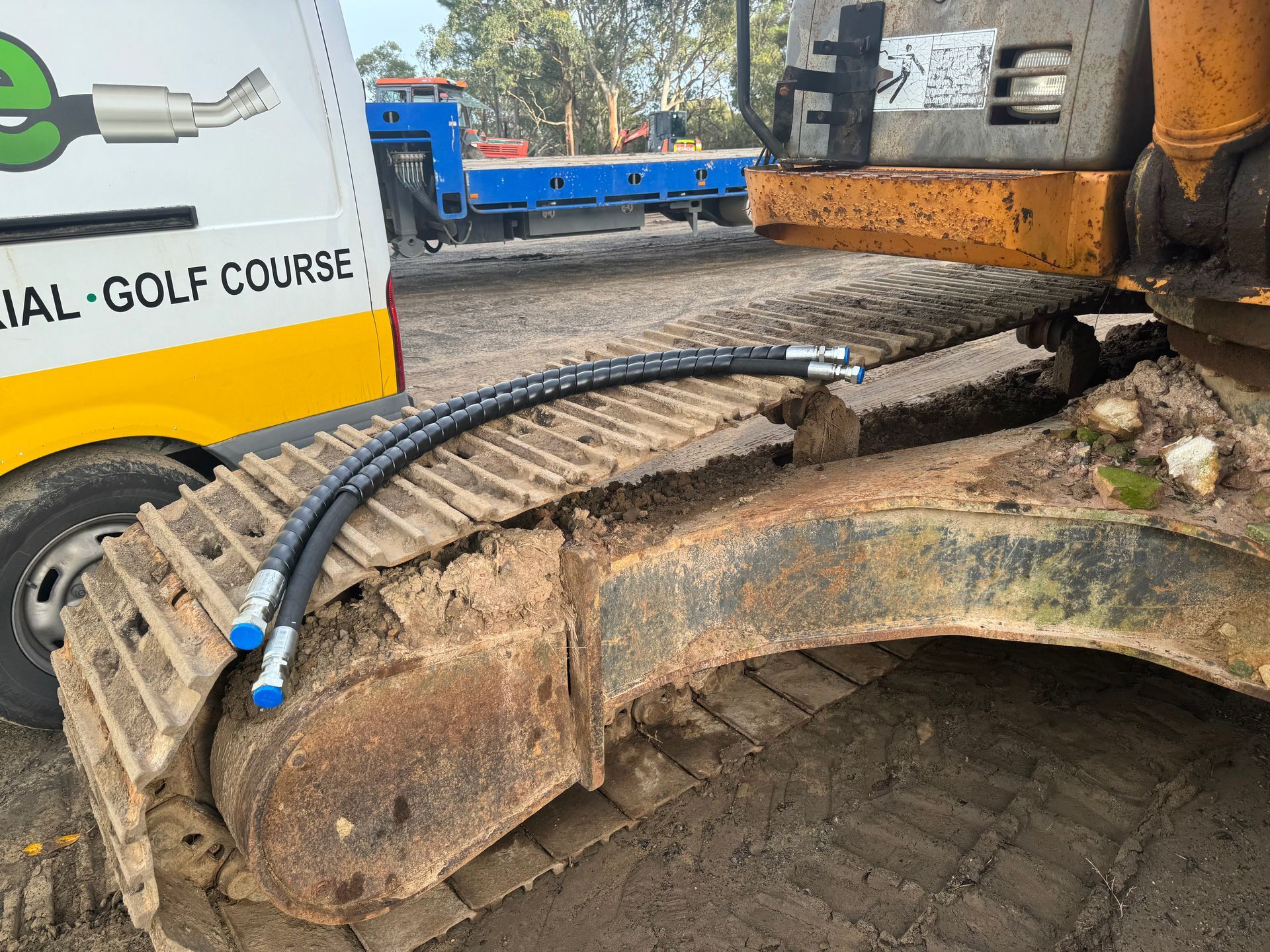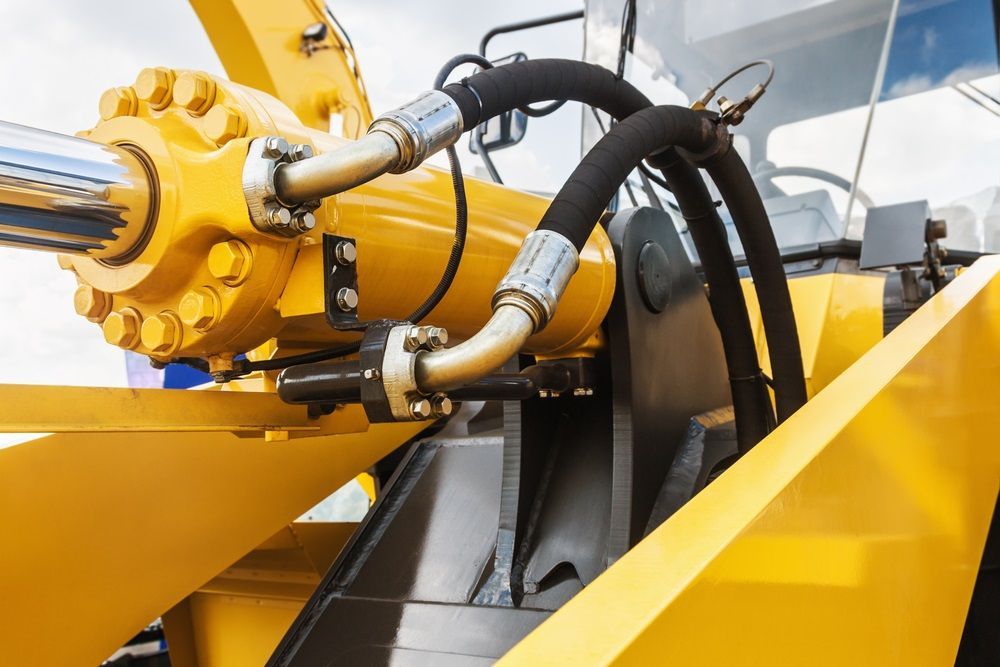Hosemobile
Fittings for Hydraulics in Morisset
- 24/7 Mobile Emergency Service
- Fully Equipped Mobile Workshop
- Extensive Repair & Maintenance Capabilities

Contact Us in Morisset
Thank you for contacting Hosemobile.
We will get back to you as soon as possible.
Oops, there was an error sending your message.
Please try again later.

Morisset Hydraulics
When equipment goes down, every hour counts—especially for businesses in Morisset where access to immediate repair options can be limited. Hosemobile offers fast, mobile hydraulic support designed to keep local machinery operating safely and efficiently.
With over 15 years of experience and a fully mobile service fleet, Hosemobile delivers expert hydraulic hose repairs, fittings, and system maintenance directly to sites across Morisset. Whether it’s a burst hose on a construction vehicle or a leaking fitting on a piece of agricultural equipment, they have the tools and parts to fix the issue on the spot.
Each mobile workshop is fully stocked with pressure-rated hoses, hydraulic fittings, and repair tools to complete most jobs in a single visit. Morisset operators rely on Hosemobile for reliable service, local knowledge, and fast response times.
For efficient hydraulic repairs, replacements, or servicing in Morisset, contact 0401 766 667 to book your mobile appointment today.
Local Repairs You Can Rely On
Morisset is home to a wide range of industries—from transport and logistics to farming and construction—and many of them rely heavily on hydraulic-powered machinery. Hosemobile understands the pace and pressure of these industries and delivers a service that works around the clock to minimise downtime.
Their on-site hydraulic services are fully mobile, so there's no need to move equipment off-site or wait days for fittings to arrive. Everything is handled on location with expert attention to safety and detail.
From selecting the right hydraulic fitting to completing a pressure test after installation, every step is done with precision and care. Hosemobile’s technicians take the time to understand the unique needs of each machine and deliver solutions tailored to local conditions.
The service is straightforward, professional, and built for long-term reliability. For Morisset customers, that means fewer delays, better equipment performance, and confidence that the job has been done properly the first time.

Frequently Asked Questions
What are hydraulic fittings made from?
Hydraulic fittings are typically made from durable metals such as steel, stainless steel, or brass. Steel fittings are known for their strength and are commonly used in high-pressure applications. Stainless steel fittings offer better corrosion resistance, making them ideal for marine, chemical, or outdoor environments.
Brass fittings are often used for lower-pressure systems due to their resistance to rust and ease of installation. The material selected depends on the working environment, fluid type, system pressure, and compatibility with other components. Choosing the correct material helps ensure safety, efficiency, and long-term durability.
How do I know what thread type my hydraulic fitting is?
Identifying thread type involves checking the thread pitch, diameter, and style. Common hydraulic fitting threads include BSP (British Standard Pipe), NPT (National Pipe Tapered), JIC (Joint Industry Council), and ORFS (O-Ring Face Seal).
Using thread identification tools such as calipers or thread gauges can help measure the dimensions accurately. Each thread type has specific sealing characteristics—tapered threads typically rely on thread deformation for sealing, while straight threads may use O-rings or washers. Mixing incompatible threads can lead to leaks or damage, so confirming the correct type before replacement is essential.
Why do hydraulic fittings leak, and how can I prevent it?
Hydraulic fittings can leak due to incorrect installation, over-tightening, worn seals, mismatched threads, or system vibrations. To prevent leaks, ensure fittings are installed using proper torque specifications and always use the correct thread and seal type for the application.
It’s also important to inspect O-rings and sealing surfaces for damage before installation. Regular maintenance checks can help detect early signs of wear or loosening. In high-vibration environments, using fittings with vibration-resistant seals, such as ORFS, can reduce the risk of long-term leakage.




